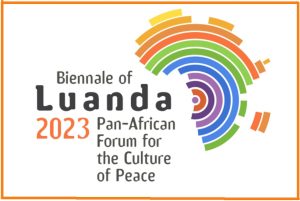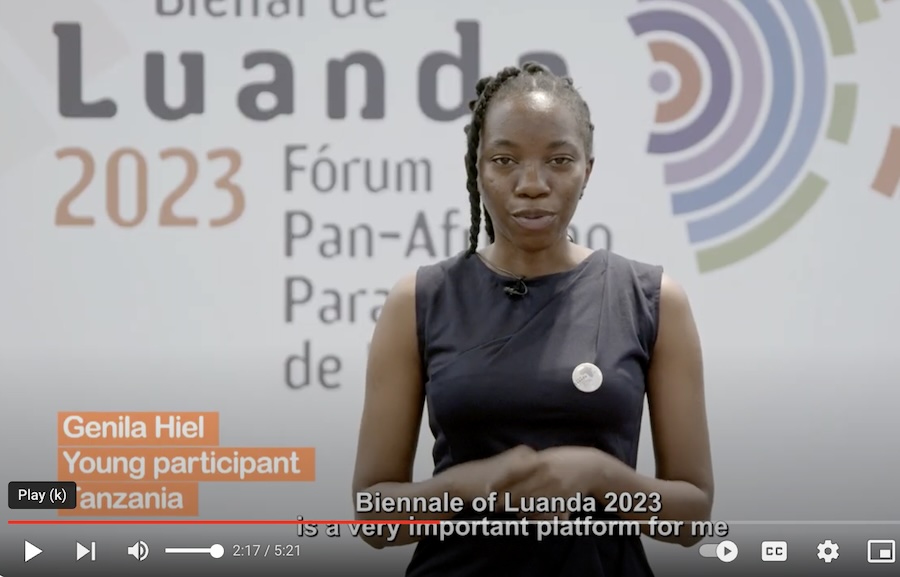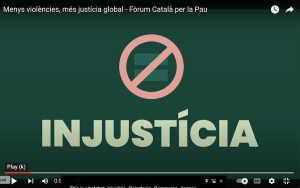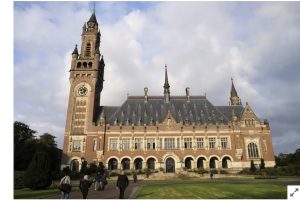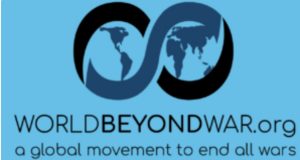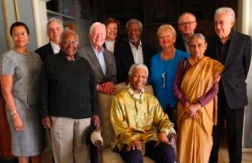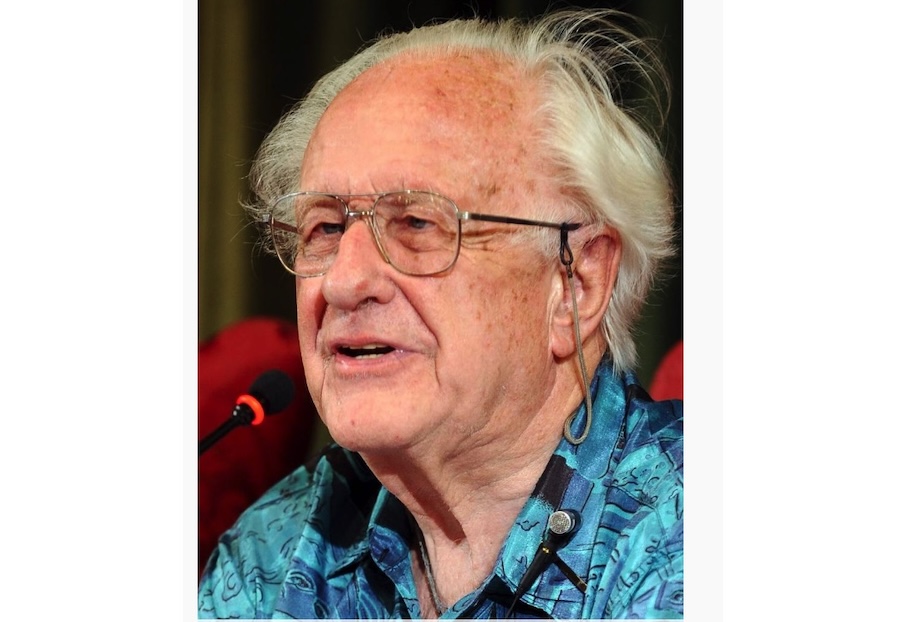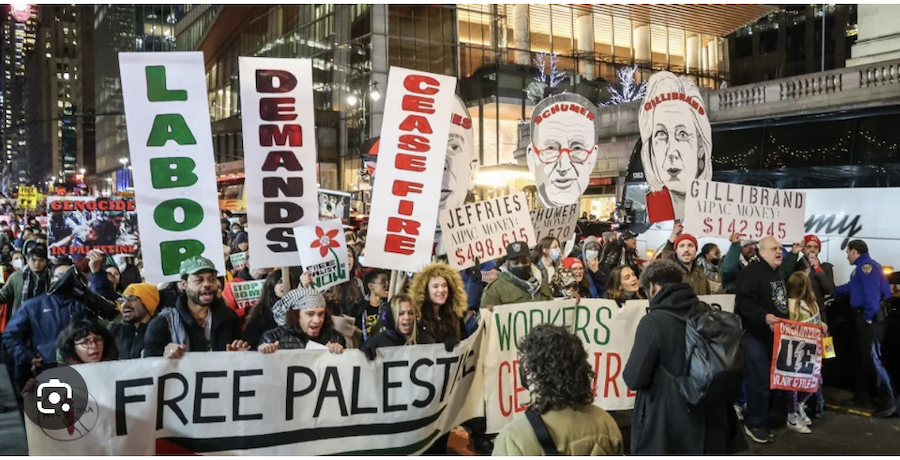. . DEMOCRATIC PARTICIPATION . .
An article from Comunicacion y paz
The manifesto presented below has been agreed upon by the Spain chapter of the Latin Union of Political Economy of Communication, Information, and Culture (ULEPICC-Spain) and the Research Network on Community, Alternative, and Participatory Communication (RICCAP). The initiative emerged from the presentations and dialogues that took place within the framework of the VIII International Congress on Communication and Peace of ULEPICC-Spain (Complutense University of Madrid, March 2023) and the II International Congress on Communication and Citizenship of RICCAP (University of Extremadura, May 2023). It urges media outlets and political representatives to be mindful of the analyses and representations they provide of conflicts, as well as to take firm steps to update the media system and improve its role in the prevention and peaceful and fair resolution of conflicts. It also encourages the academic community and citizens to get involved in peace processes through co-responsibility and participation.

For the short term, it proposes a guide of good journalistic and communicative practices. Although the dominant journalistic structure, business model, and culture of the media are important obstacles to its implementation, we encourage professionals to take advantage of opportunities to advance towards peace communication. For the medium term, it poses the need to carry out structural reforms that create the necessary conditions to make peace communication effective in a systematic way.
The manifesto includes an agenda of priorities to favor democratization in access, production of content, ownership and governance of media and communication. To this end, it is essential to reach agreements through participation and solidarity among all the actors involved in the transition towards total peace. The improvement of the communication system, together with the transformation of eco-social and geostrategic structures, would not only curb the organized barbarity of war, but would also contribute to the good conviviality of citizens, improve the autonomy and working conditions of communication professionals and increase the credibility of journalism.
The #PeaceMediaManifesto is a living document, so we encourage you to send your suggestions for strengthening it to comunicacionypaz@ulepicc.org. All individuals, media, institutions, associations and research groups that share its principles and proposals are invited to sign it.
MANIFESTO
° For a Peace Communication that favors the just transformation of conflicts and helps to stop wars, to rebuild relationships through reconciliation, and to create more egalitarian social and geostrategic structures.
° For communicative justice that promotes social and environmental justice through collective and democratic participation.
° For the improvement of the quality of journalism and communication, and for the radicalization of democracy.
° In the face of media coverage that marginalizes causes, contexts, and solutions, and reproduces conflict and structural violence.
° In the face of media that do not act as a counter-power but as accessories to the military-industrial complex at the service of the dominant power structures.
° In the face of the emergence or prolongation of armed conflicts that are presented as irresolvable…
… this Manifesto urges the media and those responsible for media and politics to:
1. Produce an in-depth diagnosis of the nuances, roots, results, and responsibilities of any conflict, portraying the complexity of eco-social problems based on their structural elements.
2. Promote approaches that include the voices of the people who suffer the consequences of conflicts and that prioritize agents promoting transformation and dialogue.
3. Support social, negotiated, and diplomatic solutions for the resolution of any conflict, offering examples and practical evidence that have proven successful in the past.
4. Carry out a preventive, slow and contextualized journalistic work that contributes to the de-escalation of conflicts and prioritizes the prospects for peace, before, during, and after the outbreak of violence.
(Article continued in right column)
(Click here for the Spanish version of this article.)
Question related to this article:
How can we develop the institutional framework for a culture of peace?
(Article continued from left column)
5. Prevent negative and stereotyped representation of historically marginalized social groups, drawing a line to avoid journalistic coverage that incites hatred or discrimination.
6. Foster community communication to understand the global roots of local problems (and how large-scale conflicts also impact smaller contexts).
7. Defend and promote the achievement of human rights (and other emerging rights) as a criterion of newsworthiness to avoid false objectivity and false equidistance.
8. Provide ways for citizens and their organizations to access, participate in, or appropriate the media system in order to represent their cultures, rights, interests and solutions for peace and dialogue.
9. Promote meetings between journalists, universities, and the third sector to foster social dialogue and share knowledge on conflicts and peace practices.
10. Transform the framework of individual security based on warmongering discourse to one of positive and shared security based on restorative narratives and values of participation, equality, co-dependence and eco-social justice.
We consider that these are practices that the media can begin to apply, even if it is to a limited extent, through the application of protocols to identify ideological biases and shortcomings, as well as good practice guides that orient the processes of content production towards peace journalism and communication.
However, the systematic production of peace communication also requires deep structural reforms that generate conditions that allow professionals to be free from the economic and ideological interests of conflict and violence. History and the critical analysis of current coverage and treatment show that the media and large technology companies tend to promote dominant narratives of conflict and war, which contributes to the self-serving propaganda of only one side and avoids critical, preventive, and pro-conflict resolution positions. With the popularization of technological networks, there has been an expansion of fake news and hate speech fueled by the ultra-right and ‘deniers’ (scientific, climate, gender, etc.), which target the most disadvantaged sectors and promote extreme positions of confrontation and social and emotional polarization.
Beyond direct violence, there are more invisible structural, cultural, and symbolic inequalities that are just as threatening as the first and that are often neglected and help the established media economic model. The datafication of social experience and mass surveillance through Big Data are fundamental phenomena of violence that, based on their opacity, can have a decisive influence on social behavior according to dominant economic and political interests. Likewise, the logic of profit maximization has led to the proliferation of clickbait in commercial media as a consumption and business model. These phenomena, which are central to today’s media systems, are opposed to data justice, corporate transparency, user privacy, professional integrity and ethics, and genuine and independent public service media practices. The most recent threat comes from the uncritical use of Artificial Intelligence in journalism, such as the complete writing of news stories without checking sources or biases based on class, gender, culture or ethnicity.
In order to exist, peace requires not only the absence of physical violence, but also the promotion of ideals of social, economic, and environmental justice that contribute to eradicate structural violence. At the present juncture and fueled largely by conflicts and their economic, ideological and cultural interests, the enormous threat posed by historical problems such as class, ethnic and gender inequalities, chronic economic crises, and the climate emergency is being revealed.
In this context, it is equally necessary to analyze, criticize and improve both the use and access and the impact of the technological devices that provide material support to communications in the different phases of the contemporary linear economic system: extraction, production, distribution, consumption, and generation of waste. Without media education and environmental awareness that favors structures and practices for fairer, more egalitarian and eco-sustainable access to technologies, it will not be possible to promote the elimination of violence and conflicts. In this sense, it is absolutely necessary to open a social conversation about the current harmful relationship between technology, peace, and environmental sustainability in order to think of viable alternatives.
Likewise, based on a critical analysis of the dominant media system, it is essential to think of public policies that promote structural reforms that will facilitate the democratization of access, production, ownership, and governance of the media. This would benefit communication professionals and improve their autonomy, working conditions and motivation. More time, security, incentives, and freedom to inform and communicate will favor good journalism and communication practices that contribute to the visibility of initiatives for peace and eco-social justice.
Authoritarian phenomena such as war, inequality, and polarization, on the one hand, and peace, diversity, and the construction of the commons, on the other, are extremes in a dispute currently underway in which different interests oppose each other with a profoundly asymmetrical correlation of forces. Only by coming together and generating spaces for reflection, empowerment and collective action will we be able to tip the balance in favor of democratic deepening in a society of free and equal people.
In an effort to contribute to these processes, today, as yesterday, we reflect, share and shout “No to war” and to the intensification of conflicts. Instead, we offer our collaboration to the movements committed to peace and eco-social justice. We need real democracy so that we do not have to shout
NEVER AGAIN
